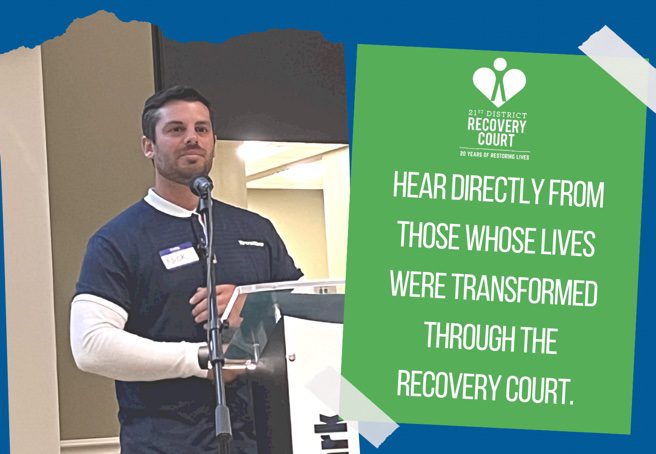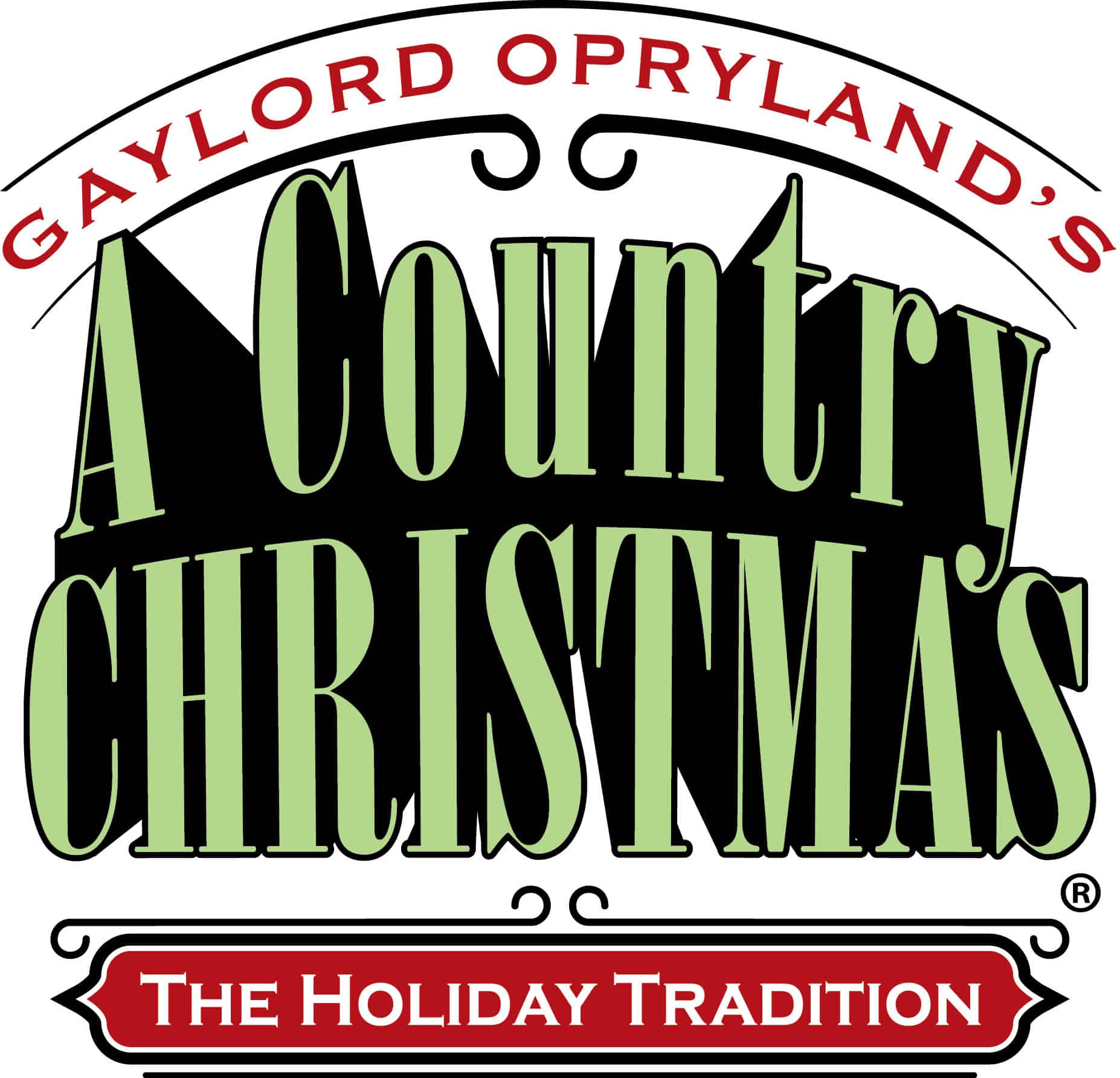21st District Recovery Court’s 13th Annual Community Luncheon held October 30

Phil Newman to receive “Gayle Moyer Harris Award” for his commitment to Recovery Court’s mission to restore lives
FRANKLIN, Tennessee – Oct. 10, 2023 – The 21st District Recovery Court (Recovery Court) Board of Directors is hosting their 13th Annual Community Luncheon on Monday, Oct. 30 at 11:30 a.m. at the Williamson County Enrichment Center located at 110 Everbright Ave. in Franklin.
The luncheon – which serves as one of the nonprofit’s annual fundraisers – supports Recovery Court’s alternative sentencing program in the 21st Judicial District. Recovery Court allows local nonviolent offenders, who suffer from addiction issues, the opportunity to complete an intensive two-year, court-supervised recovery program instead of, or in addition to traditional sentences.
“Our program is not an easy way out,” said Program Director Connie Martin. “The court only considers applicants demonstrating a genuine desire to confront their addictions. Those that are accepted undergo rigorous treatment and intensive monitoring as they learn life skills and new habits for successful living. Our model is unique in that it uses a non-adversarial, therapeutic approach to crimes rooted in addiction. Additionally, the opiate epidemic has strengthened our resolve to find resources to help participants recover from addiction and become productive members of society.”
In addition to hearing from Recovery Court graduates, the luncheon program will honor Phil Newman with the “Gayle Moyer Harris Award,” named after one of the Recovery Court’s founders. Newman is former board chair and was instrumental in developing several fundraisers for the nonprofit organization. “Our community luncheon, which was previously held as a breakfast, is our annual opportunity to hear first-hand from graduates and to also honor an individual who has made significant contributions to our mission,” said Board Chair, Lacie Simonton, “The Board is thrilled to recognize Phil for his years of service to Recovery Court.”
Luncheon participants will also learn how recovery courts are effective in reducing the revolving door of drug and alcohol related crime as well as reducing the cost to taxpayers. Recovery Court spends approximately $12,500 per participant annually compared to nearly $35,000 to incarcerate each offender for a year. While each successful participant saves the county money, the program does not receive taxpayer funding from the counties. Recovery Court was established in 2002 under a three-year startup grant from the U.S. Department of Justice and is now funded primarily through grants and private donations. Recovery Court participants also pay modest participation fees every week. Since 2004, more than 250 participants have graduated from the two-year program.
Seating is limited. Please RSVP to Connie Martin at connie.martin@21stdc.org by Oct. 25. Those who would like to support Recovery Court but cannot attend the luncheon may make an online donation at: https://21stdc.org/donate/. For more information, visit 21stdc.org or call 615.595.7868.
About 21st District Recovery Court
The 21st Recovery Court serves the 21st Judicial District (Williamson County). Program participants are non-violent offenders with a history of chemical dependency, which has shown to be one of the primary reasons for repeated criminal activity. The program works with law enforcement and the courts as participants engage in a highly supervised, two-year program, providing treatment, supervision and support. Graduates of recovery court programs have a low rate of reoffending, especially compared to those offenders supervised in traditional court probation and parole programs. Participants’ recovery allows them to have a productive life while the community is served by a reduction in criminal activity and cost-effective treatment for offenders. Most importantly, the families and lives of the participants are restored to a safe and positive environment. Recovery courts in Tennessee are not supported by state judicial budgets, rather they are partially funded by a portion of statutory court costs paid by criminal offenders. For more information, visit 21stdc.org or call 615.595.7868.



